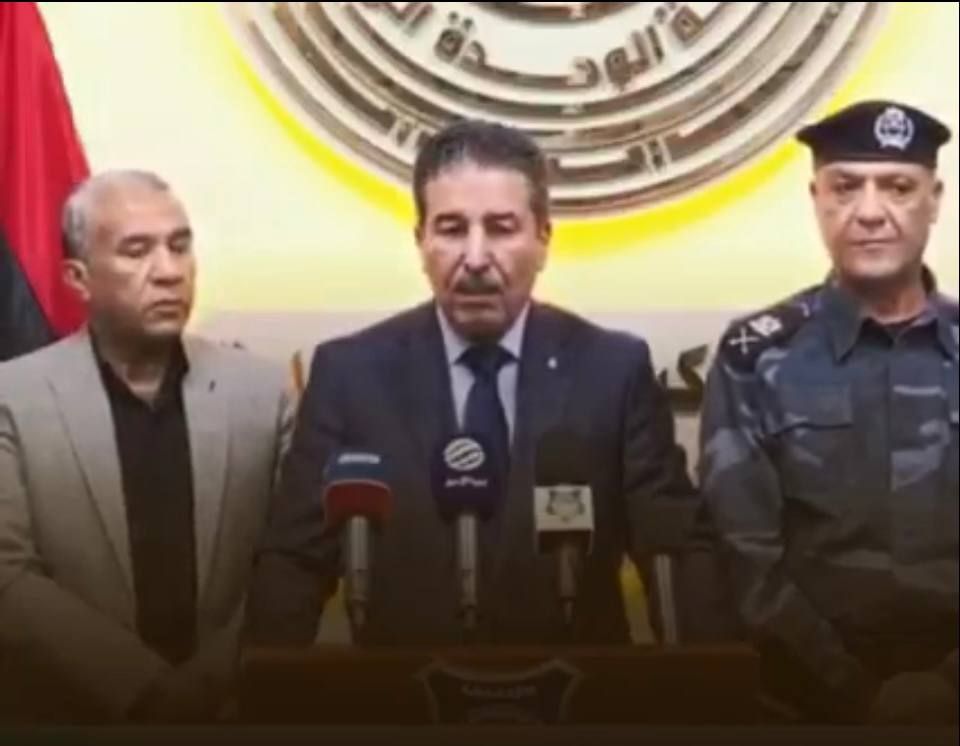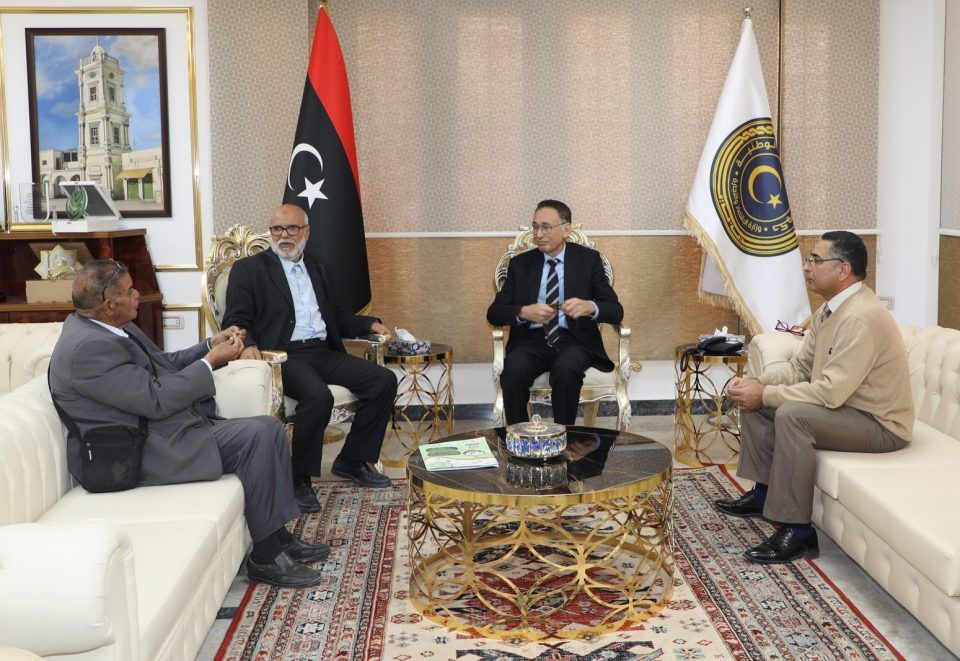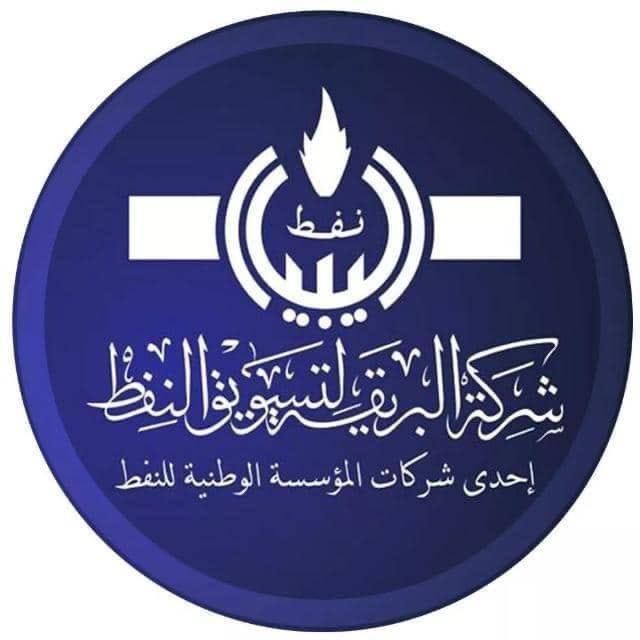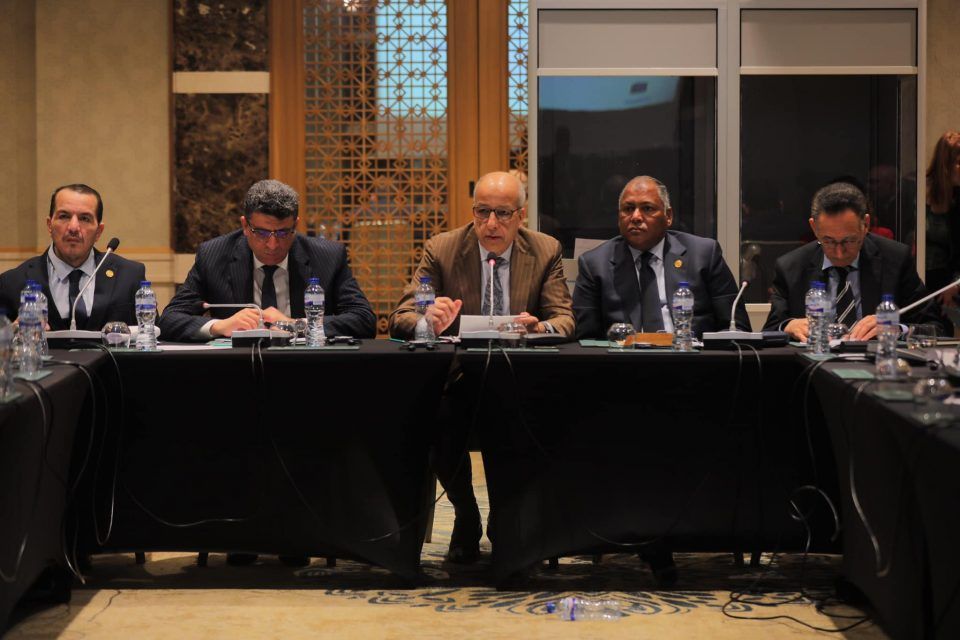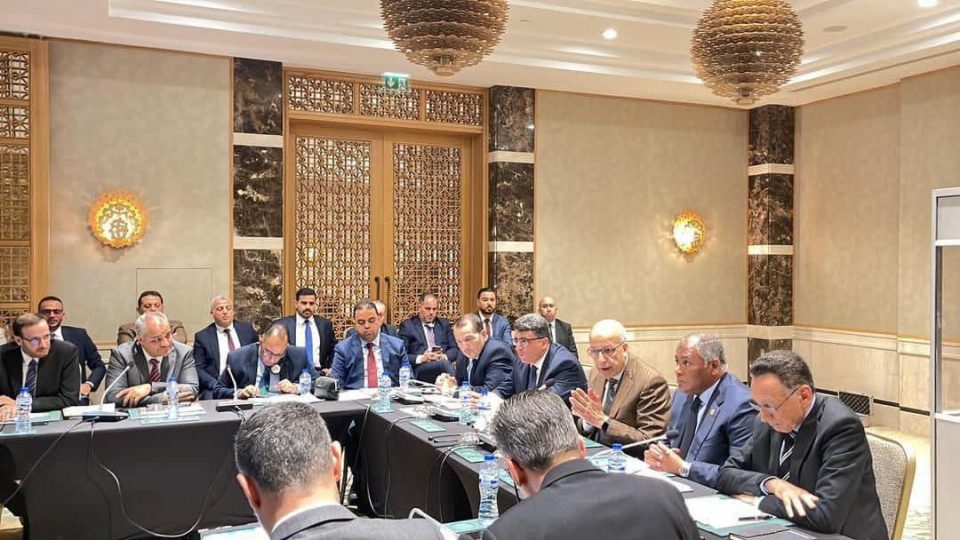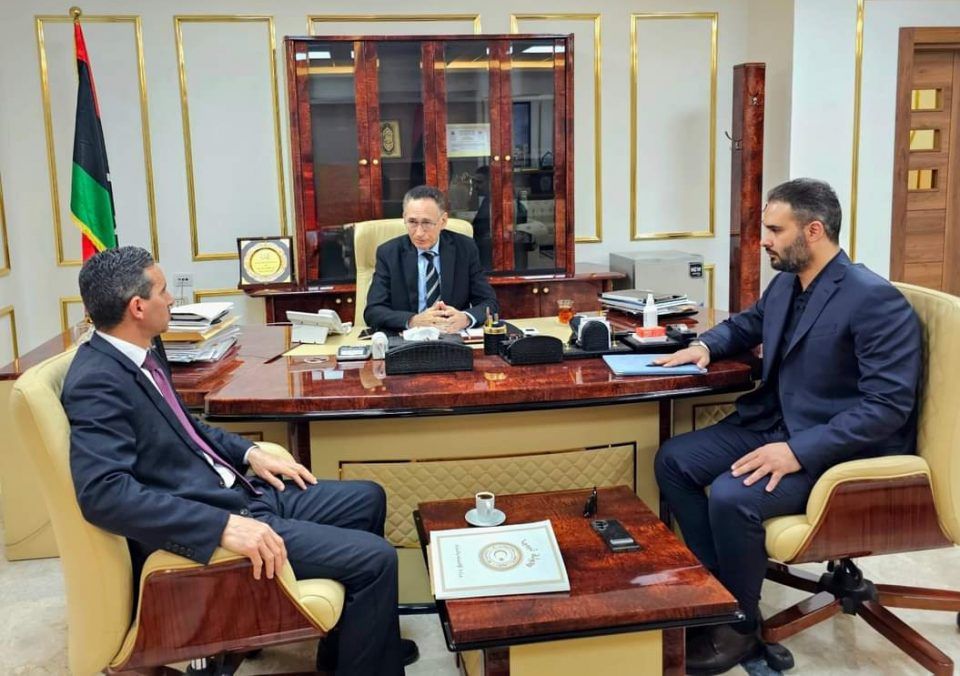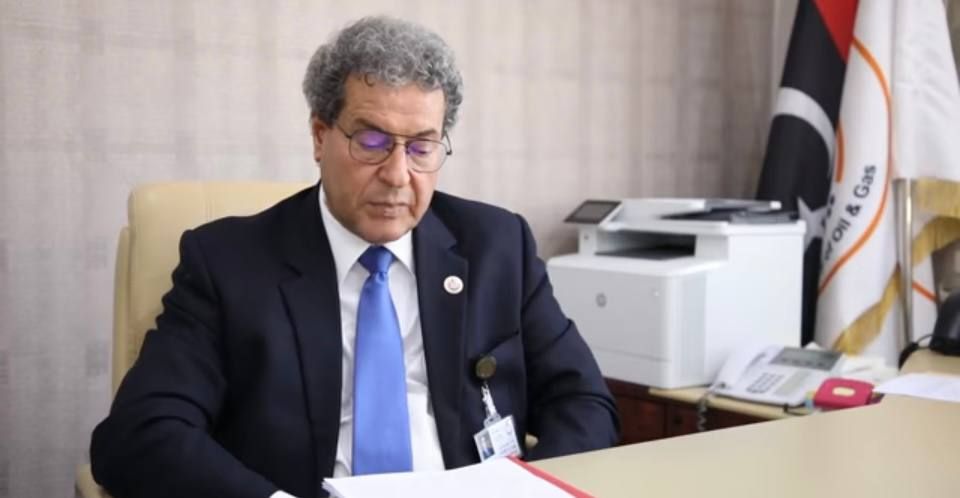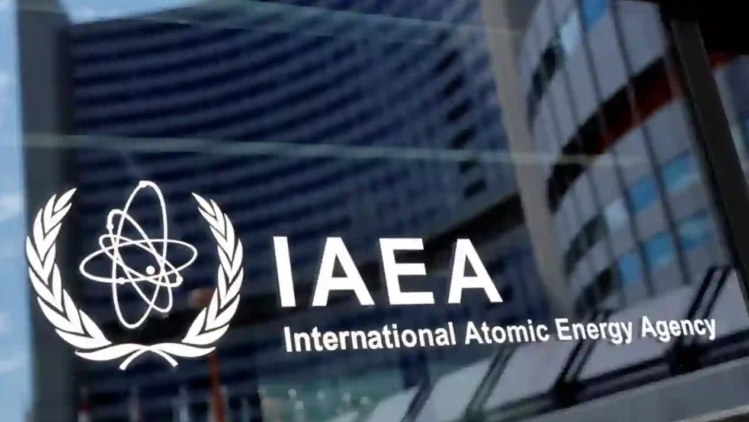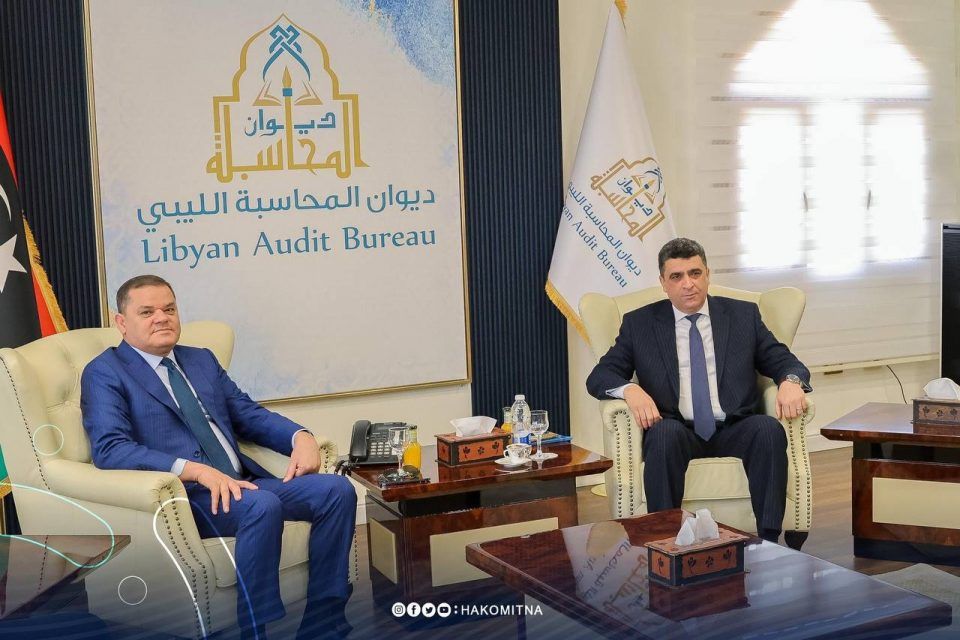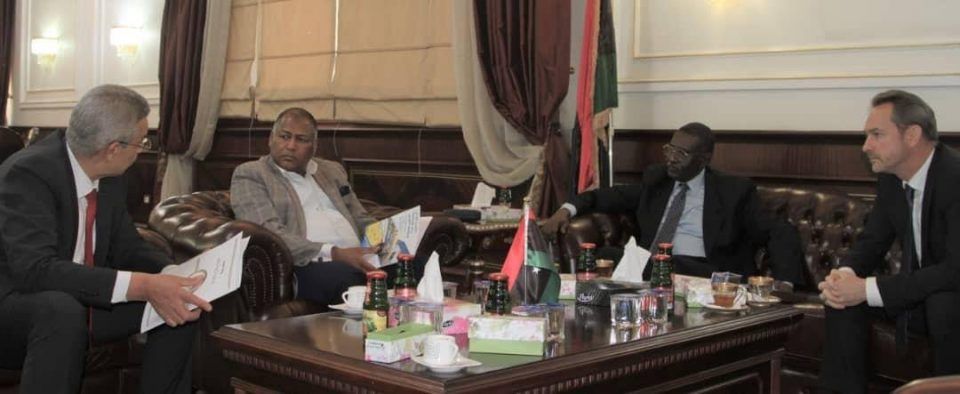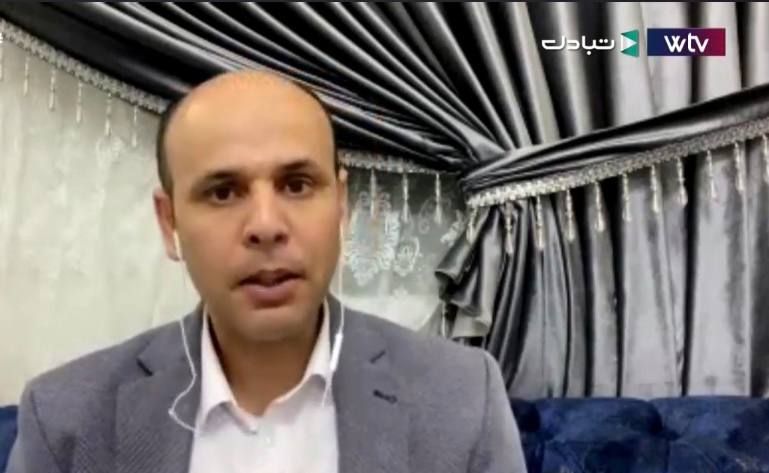The economic analyst Abdul Hamid Al-Fadhil stated during his hosting of the Flusna program on Monday, which is presented by the journalist, Ahmed Al-Sanussi, and broadcast on WTV and TAbadul TV platform, in response to the statement of the Governor of the Central Bank of Libya, Seddiq Al-Kabeer, at the Businessmen and Industrialists Libyan Forum, that what Al-Kabeer said was that he should have spoken that it is possible to reduce the value of the dinar again in any other crisis, explaining to Al-Kabeer: “No one told you that you are exchanging the dinar for a dollar. There is no sane person who says this. We only demanded one thing after the Libyan dinar was devalued in January 2021, and this was conditional on gradually increasing the value of the dinar, until a follow-up committee was formed for this matter during that period.”
Al-Fadhil explained that Al-Kabeer must go out and try to strengthen confidence in the currency by saying that the situation is good and it is possible to strengthen the strength of the Libyan dinar. As for what he said during the forum, everyone who owns a dinar from people who have millions will make them buy dollars, explaining That this will make the exchange rate as it is and that strengthening the dinar has become a thing of the past.
The economic analyst, Al-Fadhil, confirmed that with regard to Al-Kabeer’s support for the private sector in various fields, including industrial, commercial, and service, it is far from reality, and that its contribution to the gross domestic product, despite the lack of recent data, is very small, due to the poor management of commercial banks, as well as the lack of clear banking policy.
Al-Fadhil stressed that the fluctuation that occurred in the past years in the exchange rate in the banking sector cannot be supportive of any projects for the private sector, and that this confusion was a stumbling block in front of any diversification of income sources.
Al-Fadhil explained that what happened to the liquidity problem was a coincidence and was not planned, and the reason for the breakthrough is the adjustment of the exchange rate, adding that the money in commercial banks as deposits has not been exploited, and that some of the values that are given have not been given to any trader or private sector. Rather, it is based on giving it through relationships.
He also confirmed that the economic reports that the Central Bank publishes every month clarify the financial arrangements, and these are supposed to be issued by the Ministry of Finance, and not by the Central Bank, explaining that there is a conflict in the reports issued by the two sovereign sides in the country, the Central Bank and the Finance Ministry, and the report issued by it. Last year, the Central Bank clarified the uses of foreign exchange as a total of 28 billion and 500 million.
The economic analyst wondered about the reason for the existence of the obligations in the Central Bank’s report. These commitments amounted during last year’s report to 7 billion and 900 million, explaining that based on a report that is published by the Central Bank, there is a deficit of approximately 8 billion dollars, and this means that it was withdrawn from the reserves and that this on the ground does not exist, stressing that if the existing commitments transferred, there will be a surplus of $6 to $7 billion.
According to Al-Fadhil’s analysis, there are some countries that have a diversity of income sources and the value of their currency is weak, and there are some countries that are similar to Libya in terms of the source of income, such as Kuwait, Bahrain and Oman, and their currencies are strong. So what Al-Kabeer said regarding the diversity of income sources has nothing to do with strengthening the currency.
Al-Fadhil concluded during his statement on “Flusna” program by saying that the reason for the chaos that we see in monetary policies is the absence of a board of directors and a monetary policy committee, which is supposed to be present in the Central Bank, and which is considered to be present in all other banks in many countries. This committee is the one that studies how much the exchange rate, interest, and legal reserve will be, and the Monetary Policy Committee is the one that gives its signal to have specialized people in it.
Al-Fadhil concluded by asking about who are the Central Bank’s advisors now, stressing that the Central Bank and the Ministry of Finance should be managed by consultants.
